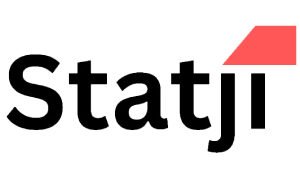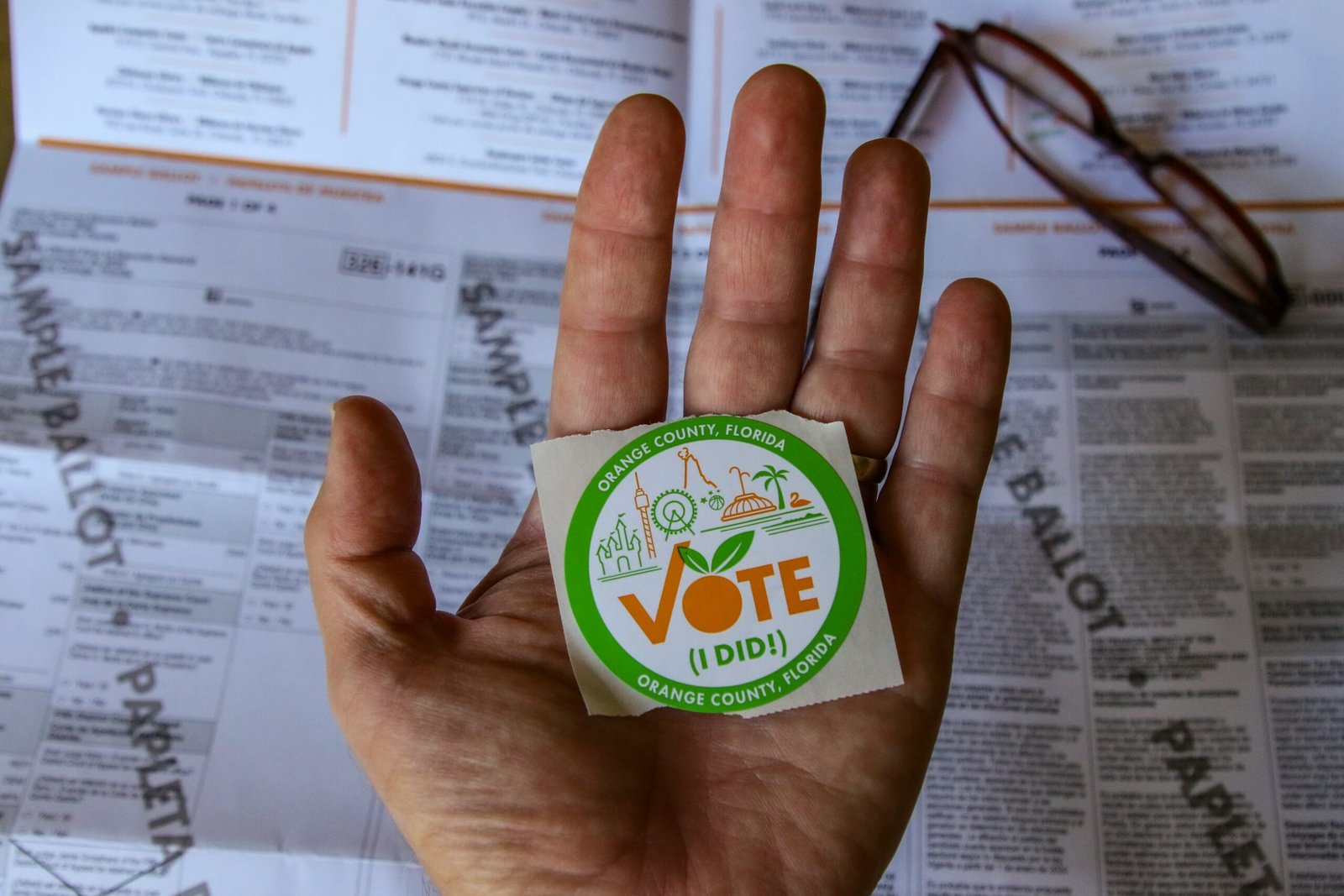Understanding Strategic Election Intelligence and Data Analytics
Strategic election intelligence and data analytics have become crucial components in modern political campaigns. With the advancement of technology and the availability of vast amounts of data, political parties and candidates can now make informed decisions and develop effective strategies to win elections.
The Role of Data Analytics in Political Campaigns
Data analytics plays a significant role in political campaigns by providing insights into voter behavior, preferences, and demographics. By analyzing this data, campaign teams can identify key issues that resonate with voters, understand their concerns, and tailor their messaging accordingly.
One of the primary benefits of data analytics is its ability to segment the electorate. By dividing voters into specific groups based on their characteristics and preferences, campaign teams can create targeted messages and develop personalized outreach strategies. This approach allows candidates to connect with voters on a more personal level and increase their chances of winning their support.
Strategic Election Intelligence for Campaign Decision-Making
Strategic election intelligence involves the collection, analysis, and interpretation of data to inform campaign decision-making. This intelligence includes information about the political landscape, voter sentiment, and the effectiveness of campaign strategies.
One of the key components of strategic election intelligence is polling data. Through surveys and polls, campaign teams can gauge public opinion, track candidate performance, and identify areas where they need to improve. This data helps candidates understand their strengths and weaknesses, allowing them to adjust their campaign strategies accordingly.
Another important aspect of strategic election intelligence is opposition research. By gathering information about their opponents, campaign teams can anticipate their moves, identify vulnerabilities, and develop counter-strategies. This intelligence helps candidates stay ahead of the competition and respond effectively to attacks or criticisms.
The Benefits of Strategic Election Intelligence and Data Analytics
Strategic election intelligence and data analytics offer several benefits to political campaigns:
- Improved targeting: By analyzing voter data, campaigns can identify their target audience and tailor their messaging to resonate with specific groups.
- Effective resource allocation: Data analytics helps campaigns allocate their resources efficiently by identifying areas with the highest potential for success.
- Real-time monitoring: With the help of data analytics tools, campaign teams can monitor the effectiveness of their strategies in real-time and make necessary adjustments.
- Enhanced voter engagement: By understanding voter preferences and concerns, campaigns can engage with voters on issues that matter to them, fostering a stronger connection.
- Competitive advantage: Strategic election intelligence and data analytics give campaigns a competitive edge by providing valuable insights into the political landscape and the opposition.
Conclusion
Strategic election intelligence and data analytics have revolutionized the way political campaigns are conducted. By leveraging data, campaigns can make informed decisions, develop effective strategies, and engage with voters on a more personal level. In an increasingly data-driven world, embracing these tools is essential for success in the political arena.

